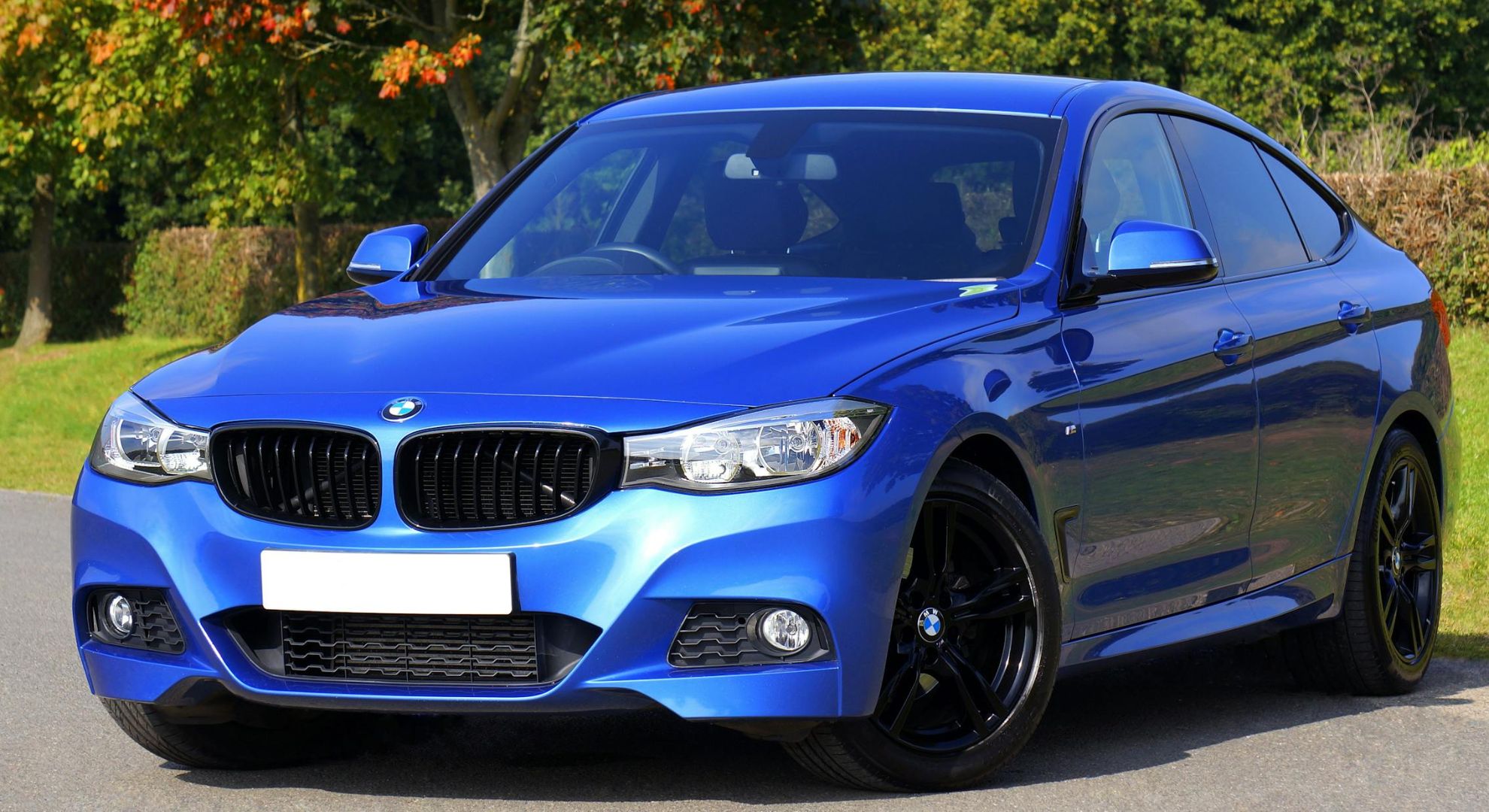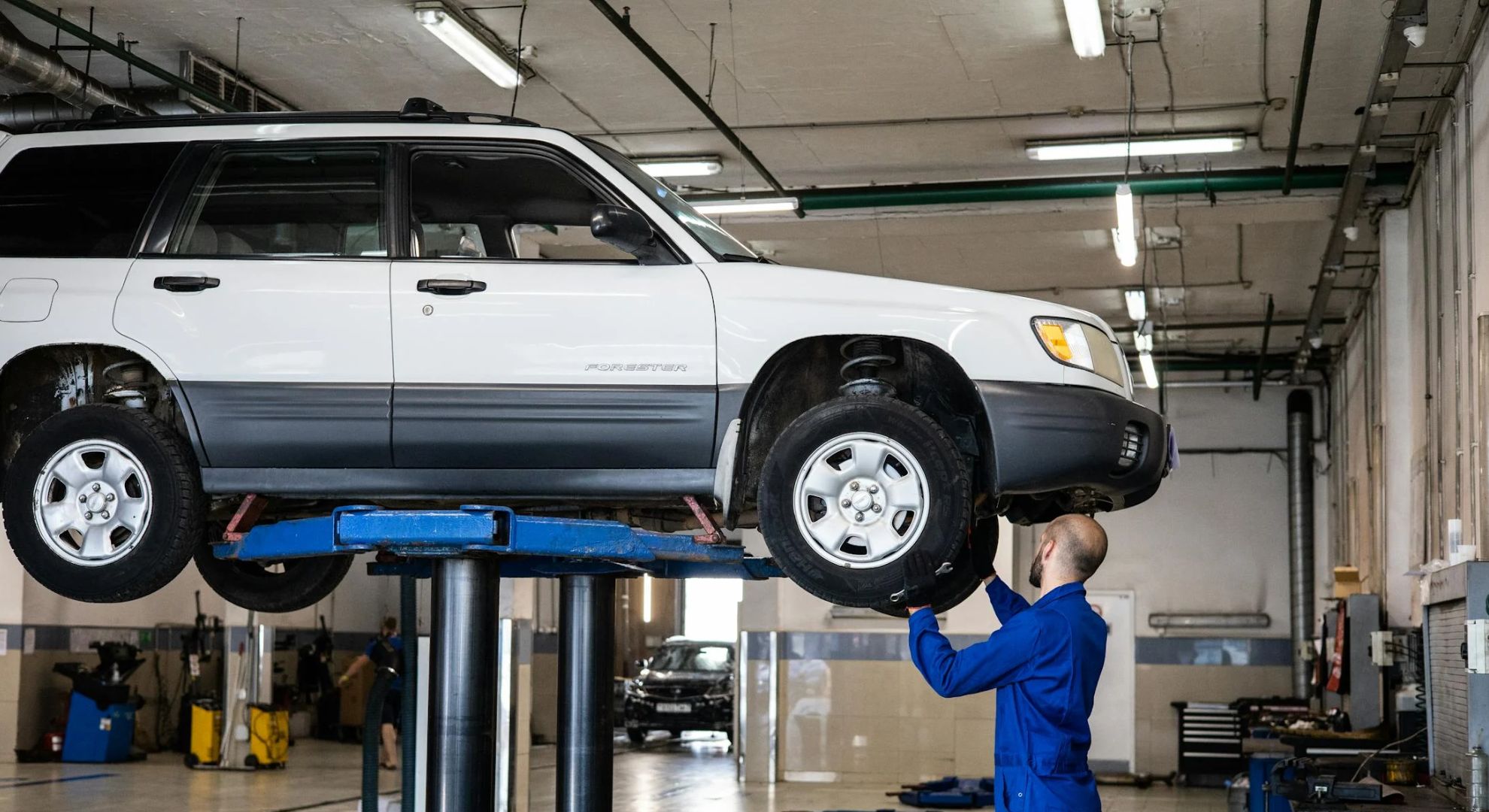Buying a brand-new car may seem like an attractive prospect.
After, all the vehicle will be spotless and you’ll be able to enjoy the latest technology, comforts, and safety features. What’s more, as the car is new, it’s unlikely to require expensive repairs or maintenance work anytime soon.
Despite all these benefits, there’s one major caveat that comes with buying new: depreciation. No matter which make or model you opt for, your new car will begin to lose value from the point of purchase onwards.
Of course, this will also apply to used cars, but the rate of depreciation will be less severe, as second-hand prices are lower than brand-new.
Whether you’re planning to buy a new or second-hand car – or thinking about the best time to sell your car, estimating the rate of future deprecation can help you make an informed decision.
Get a free valuation
How do you calculate car depreciation?
Use the car depreciation calculator below to estimate your car’s depreciation over the first five years. Simply enter its brand-new value to get started:
Please note: The figure calculated should be viewed as a guideline only and may not accurately reflect your vehicle’s actual rate of depreciation.
Our used car value calculator estimates your car’s future depreciation based on the following value loss milestones:
- 19% at Year 1.
- 31% at Year 2.
- 42% at Year 3.
- 51% at Year 4.
- 60% at Year 5.
How much does a car depreciate each year?
Cars depreciate by an average of 12% each year over the first five years, with the steepest value loss occurring in the first year.

Find out how much your car category depreciates
The table below shows the average annual depreciation for different car types at years 1 to 10:
| Sector | 1 Year | 2 Year | 3 Year | 4 Year | 5 Year | 6 Year | 7 Year | 8 Year | 9 Year | 10 Year | +10 Year | Average Price |
|---|---|---|---|---|---|---|---|---|---|---|---|---|
| 4x4 | £30,281 | £26,307 | £19,713 | £16,617 | £14,111 | £12,756 | £10,731 | £8,857 | £6,578 | £5,450 | £2,680 | £10,635 |
| City Car | £5,290 | £4,966 | £4,126 | £3,372 | £2,972 | £2,546 | £2,060 | £1,659 | £1,413 | £1,033 | £554 | £1,868 |
| Convertible | £24,550 | £20,084 | £17,711 | £15,714 | £12,938 | £11,515 | £9,500 | £8,206 | £6,259 | £5,427 | £3,046 | £6,559 |
| Executive | £23,802 | £21,780 | £18,386 | £15,524 | £12,811 | £11,063 | £9,314 | £7,484 | £5,573 | £4,536 | £2,008 | £8,225 |
| Lower Medium | £16,331 | £13,346 | £10,955 | £8,444 | £6,677 | £5,454 | £4,413 | £3,358 | £2,555 | £1,919 | £773 | £3,532 |
| Mini MPV | £7,586 | £6,848 | £6,655 | £8,367 | £6,681 | £4,416 | £3,489 | £2,352 | £1,771 | £1,197 | £445 | £2,415 |
| MPV | £10,455 | £9,595 | £9,774 | £8,105 | £7,007 | £6,374 | £5,040 | £3,242 | £2,465 | £1,676 | £734 | £3,424 |
| Small Executive | £20,223 | £16,723 | £13,649 | £11,649 | £10,332 | £8,391 | £6,709 | £5,598 | £4,675 | £3,539 | £1,306 | £5,167 |
| Sports | £30,893 | £28,761 | £26,086 | £19,894 | £15,233 | £13,856 | £13,156 | £12,453 | £9,588 | £9,957 | £5,944 | £11,050 |
| Supercar | £132,490 | £112,840 | £108,873 | £96,717 | £80,629 | £75,635 | £64,281 | £54,586 | £49,297 | £43,633 | £41,386 | £61,493 |
| Supermini | £9,346 | £8,004 | £6,398 | £5,491 | £4,560 | £3,913 | £3,255 | £2,467 | £1,933 | £1,334 | £517 | £2,643 |
| Upper Medium | £14,507 | £13,443 | £11,384 | £9,084 | £6,805 | £4,894 | £3,819 | £2,879 | £2,064 | £1,386 | £559 | £3,507 |
| Average Price | £20,495 | £16,750 | £12,487 | £10,222 | £8,242 | £6,939 | £5,739 | £4,498 | £3,495 | £2,822 | £1,388 | £4,952 |
How much is my car worth after 3 years?
Different car types depreciate at different rates. Some lose as much as 50% after three years of ownership, while others may lose only 30% over this timeframe.
Whilst these figures are based on age alone, there are several other valuation factors that come into play:
-
Mileage
The further a car has travelled, the more likely it is to develop wear and mechanical problems. According to a Department of Transport (DfT) study, in 2023, the average car mileage was 7,567 miles.
As such, a higher-than-average mileage car may be worth slightly less than an identical lower mileage model.
-
Service history
A full service history includes records proving that the car has been serviced at the intervals recommended by the manufacturer – and that any extra repairs and maintenance have been carried out by reputable mechanics.
If your car has the full complement of service paperwork, this can boost its value, as it instils buyers with greater confidence about its condition and reliability.
Conversely, if some or even all the service records are missing, this is likely to reduce its resale value, due to the higher perception of risk.
-
Number of owners
The number of previous owners can also affect resale value, especially if a newer car changes hands multiple times within a few years.
If a car has more past owners than you’d expect, this can raise questions about its safety and reliability. Therefore, these cars are usually worth less than identical models with only one owner.
However, the impact that the number of owners has is far less for older cars. If a car is 15 years old, a high turnover of ownership shouldn’t be a major factor, since its depreciation curve has already levelled off.
-
Condition
A car’s mechanical and cosmetic condition are key valuation factors.
Small imperfections such as scratches and scrapes can reduce your car’s kerb appeal and value.
If a car is written off and/or structurally damaged, its resale value is likely to take a significant hit.
You should take the following steps to preserve your car’s condition and resale value:
- Service the car as recommended by the manufacturer.
- Drive with care to avoid scuffs, scratches, and other damage.
- Promptly take the car to a garage to address any developing faults.
- Replace worn brake pads and tyres.
- Keep fluids such as oil, coolant, and antifreeze topped up.
How much is my car worth after 10 years?
After experiencing sharp depreciation over the first three years, most cars will then depreciate at a modest pace until they are around 10 years old.
By this stage, a car will typically have lost around 80% of its brand-new value. The only exceptions are the small number of rare and collectable cars that buck the usual trend and rise in value.
The depreciation curve for most cars will taper off after around 10 years.
How can I beat depreciation?
Most cars will lose value as they age, but there are ways to mitigate the effects of depreciation, such as:
- Keeping up with maintenance and repairs.
- Having your car serviced at the recommended intervals.
- Keeping your mileage as low as possible.
- Driving carefully to avoid excess wear and tear and accidental damage.
Before selling the vehicle, take care of any bumps and scratches, as these can impact your final car valuation.

Used car supply and demand vs depreciation
The available supply of used cars compared to the level of market demand can affect prices.
For example, during the COVID-19 pandemic, manufacturers couldn’t keep up with consumer demand for new cars, due to manufacturing and supply chain issues. As a result, demand for used cars spiked, and used car values increased.

What is ‘total cost of ownership’?
‘Total cost of ownership’ (TCO) refers to the original purchase price of a vehicle, subtracted from its future value (depreciation), along with any taxation and running costs.
Depreciation and negative equity
Due to depreciation, some car owners can find themselves in negative equity. In simple terms, this means owing more money on a vehicle than its present value. This can arise due to the vehicle’s age, mileage, condition – or value depreciation over time.
What cars hold their value?
According to 2025 market data, the slowest depreciating cars on the UK market include:
| Model | List price | Value at 36 months | Retained value |
|---|---|---|---|
| Lamborghini Urus | £186,509 | £139,900 | 75% |
| Porsche 718 Cayman GT4 RS | £128,300 | £89,350 | 69.64% |
| Land Rover Defender 100 P300e | £86,000 | £59,575 | 68.79% |
What are the fastest depreciating cars in the UK?
The fastest depreciating cars on the UK market (based on retained value at the three-year mark) include:
| Model | List price | Value at 36 months | Retained value |
|---|---|---|---|
| Vauxhall Corsa Electric | £29,045 | £8,300 | 28.6% |
| DS9 | £61,800 | £18,200 | 29.4% |
| Mazda MX-30 | £32,395 | £9,900 | 30.6% |
Frequently Asked Questions
Research from Edmunds (a US-based car buyer and seller) revealed that a brand-new car typically loses around 9% of its value the moment it is driven away from the forecourt.
Thankfully, the rate of deprecation stabilises after that! A typical new car will depreciate by around 19% over the first year, although this figure will vary according to factors such as the make, model, and mileage.
Any damage to your car will cause further value loss on top of that caused by depreciation.
Whilst superficial damage can be repaired to restore value, things can get more complicated if your car is written off by your insurer.
If your car has an insurance category, even professional repairs are unlikely to restore its pre-accident value. In this case, you should consider whether it makes better financial sense to repair or sell your car in its current state.
If your car is assigned one of the most severe insurance categories, it can’t be returned to the road, leaving you with no choice but to scrap your car.







